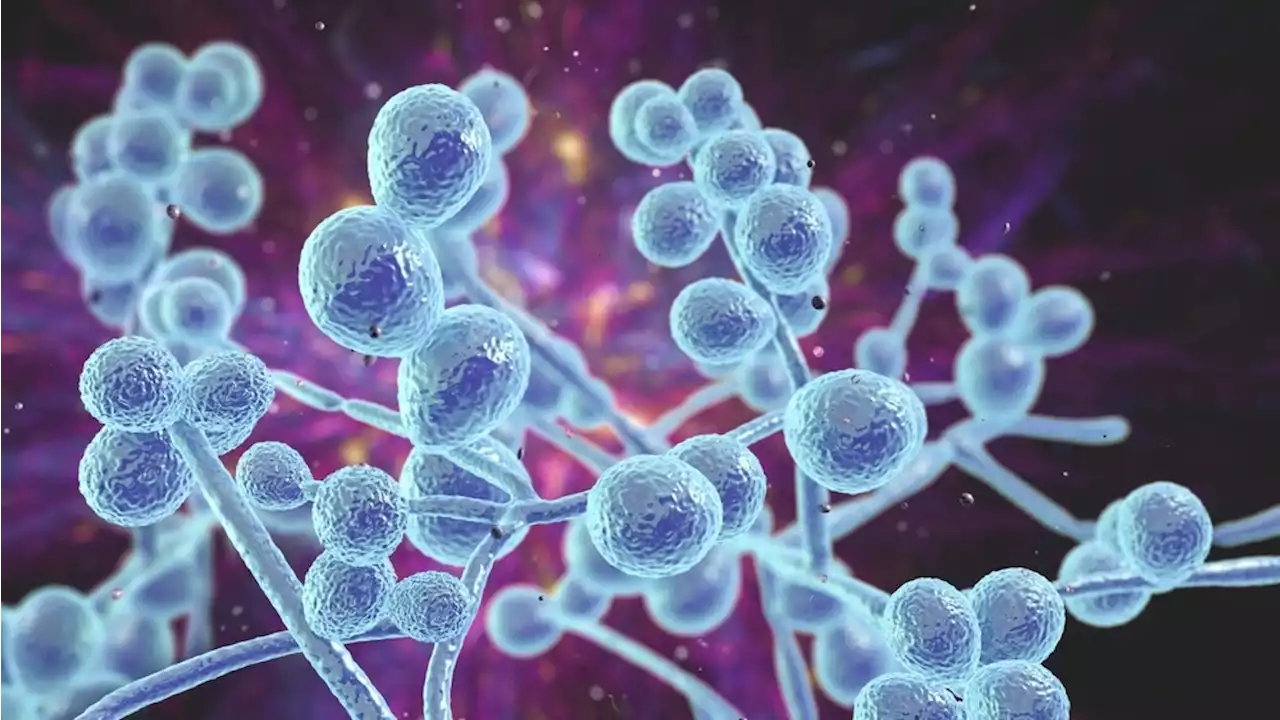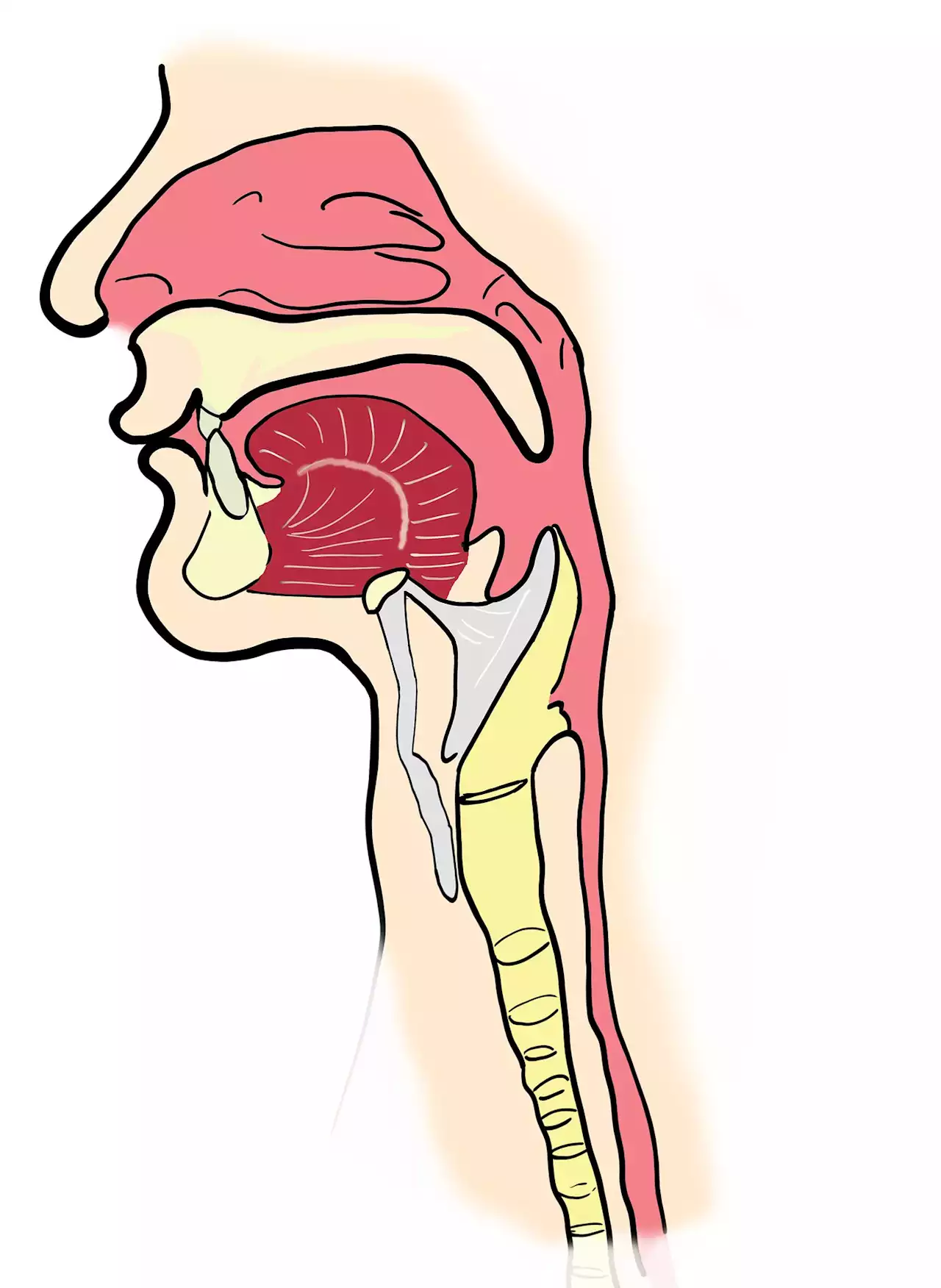A proof-of-concept study demonstrates that ductal cells derived from the human pancreas can be influenced by pharmacological stimulation to regenerate beta-like cells that functionally release insulin, providing new hope for people living with diabetes.
, conducted by Safiya Naina Marikar from the Baker Heart and Diabetes Institute and published in the journal, demonstrates how drugs can influence pancreatic progenitor cells to reactivate into beta-like producing insulin cells by inhibiting the EZH2 enzyme.
With type 1 diabetes, beta cell damage and destruction mean the pancreas produces little or no insulin. This results in glucose build up in the bloodstream instead of going into the cells. This build-up of glucose in the blood is called hyperglycemia, with the body unable to use the glucose for energy.
Researchers have dedicated enormous time and energy looking at alternatives such as cell replacement therapy and pancreas transplantation—a potential option limited because of the stark reality of donor organ shortage. This approach examines the regenerative capacity of pancreatic cells by stimulating ductal stem cells withas an alternative strategy to restore insulin production for people living with diabetes.
The drugs used in the study include a synthetically designed drug primarily used as a cancer therapeutic and a naturally derivedPh.D. student at Monash University, Safiya Naina Marikar, who is based at the Baker Institute in Professor Sam El-Osta's Human Epigenetics program, says this study suggests that the reprogrammed cells are capable of producing insulin and critical functionality such as
Ireland Latest News, Ireland Headlines
Similar News:You can also read news stories similar to this one that we have collected from other news sources.
 Study shows psychedelic drugs reopen 'critical periods' for social learningNeuroscientists have long searched for ways to reopen 'critical periods' in the brain, when mammals are more sensitive to signals from their surroundings that can influence periods of brain development. Now, researchers at Johns Hopkins Medicine say a new study in mice shows that psychedelic drugs are linked by their common ability to reopen such critical periods, but differ in the length of time the critical period is open—from two days to four weeks with a single dose.
Study shows psychedelic drugs reopen 'critical periods' for social learningNeuroscientists have long searched for ways to reopen 'critical periods' in the brain, when mammals are more sensitive to signals from their surroundings that can influence periods of brain development. Now, researchers at Johns Hopkins Medicine say a new study in mice shows that psychedelic drugs are linked by their common ability to reopen such critical periods, but differ in the length of time the critical period is open—from two days to four weeks with a single dose.
Read more »
 Food allergy is highest among Hispanic, Black and Asian individuals, finds new studyFood allergy has not been on the radar of most racial and ethnic communities. But a new Northwestern Medicine study—the first population-based food allergy study in the U.S. to explore racial and ethnic differences in all age groups—shows why it should be.
Food allergy is highest among Hispanic, Black and Asian individuals, finds new studyFood allergy has not been on the radar of most racial and ethnic communities. But a new Northwestern Medicine study—the first population-based food allergy study in the U.S. to explore racial and ethnic differences in all age groups—shows why it should be.
Read more »
 'Smart' drugs can decrease productivity in people who don't have ADHD, study findsNew research from the University of Cambridge and the University of Melbourne, published in Science Advances, shows neurotypical workers and students taking cognitive enhancers, or 'smart' drugs, may actually be inhibiting their performance and productivity.
'Smart' drugs can decrease productivity in people who don't have ADHD, study findsNew research from the University of Cambridge and the University of Melbourne, published in Science Advances, shows neurotypical workers and students taking cognitive enhancers, or 'smart' drugs, may actually be inhibiting their performance and productivity.
Read more »
 Study reports outbreak of C. vulturna in a hospital in ChinaStudy reports outbreak of C. vulturna in a hospital in China CDCgov EIDjournal infection disease outbreak antifungal fungal
Study reports outbreak of C. vulturna in a hospital in ChinaStudy reports outbreak of C. vulturna in a hospital in China CDCgov EIDjournal infection disease outbreak antifungal fungal
Read more »
 Scientists develop universal donor stem cell therapy to treat degenerative brain diseases in a preclinical studyScientists at City of Hope have developed universal donor stem cells that could one day provide lifesaving therapy to children with lethal brain conditions, such as Canavan disease, as well as to people with other degenerative diseases, such as Alzheimer's and multiple sclerosis. The study was recently published in Advanced Science.
Scientists develop universal donor stem cell therapy to treat degenerative brain diseases in a preclinical studyScientists at City of Hope have developed universal donor stem cells that could one day provide lifesaving therapy to children with lethal brain conditions, such as Canavan disease, as well as to people with other degenerative diseases, such as Alzheimer's and multiple sclerosis. The study was recently published in Advanced Science.
Read more »
 Study highlights varied need for Botox with vocal disordersSome of Dr. Tanya Meyer's patients contend with chronic neuromuscular conditions that can turn smooth, unencumbered speech into raspy paroxysms of sound. Fortunately, this can be managed with periodic botulinum toxin injections—yes, Botox—in the throat, which block the unwelcome nerve signals that make vocal muscles spasm.
Study highlights varied need for Botox with vocal disordersSome of Dr. Tanya Meyer's patients contend with chronic neuromuscular conditions that can turn smooth, unencumbered speech into raspy paroxysms of sound. Fortunately, this can be managed with periodic botulinum toxin injections—yes, Botox—in the throat, which block the unwelcome nerve signals that make vocal muscles spasm.
Read more »
